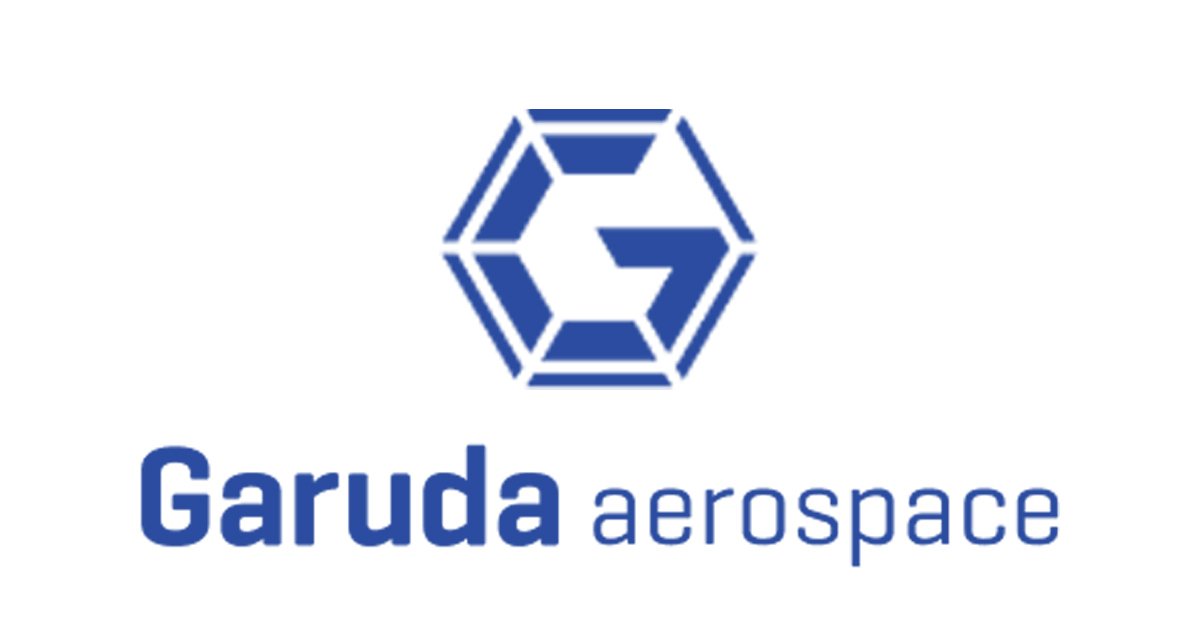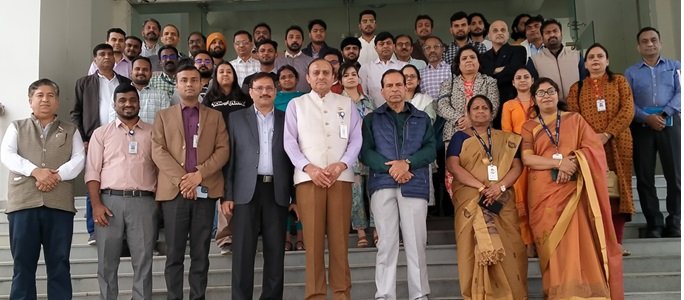Garuda Aerospace forays in space tech with its first order of Quadcopter drones from ISRO
This will pave the way for the company to achieve the historic milestone of becoming the first-ever Indian drone Unicorn start-up.
Garuda Aerospace, a leading drone manufacturer in India, has announced its collaboration with the Indian Space Research Organisation (ISRO), a premier space agency. This partnership will see ISRO procuring Garuda Aerospace’s advanced Quadcopter drones, marking the company’s foray into the space-tech category.
Garuda Aerospace is renowned for its cutting-edge drone technology, incorporating machine learning and artificial intelligence. The integration of these drones into ISRO’s operations is expected to enhance efficiency across various tasks undertaken by the space agency.
The collaboration between Garuda Aerospace and ISRO began with ISRO sampling the company’s drones in 2021 for the delivery of medicines and food supplies. Subsequently, Garuda Aerospace’s drones were also used for sanitizing building premises with the spraying of disinfectants during the COVID-19 pandemic. These successful trials played a pivotal role in Garuda Aerospace securing the order from ISRO for Quadcopter drones.
Commenting on this milestone, Agnishwar Jayaprakash, CEO, and Founder of Garuda Aerospace, expressed his enthusiasm, stating, “Receiving an order from the esteemed Indian Space Research Organisation marks a monumental achievement for us. It showcases our dedication and relentless pursuit of excellence. We firmly believe that Drones and Unmanned Aerial Vehicles will play a pivotal role in the space sector. Our partnership with ISRO not only validates our credibility but also solidifies our position as industry leaders.”
He also highlighted the recent governmental support, such as the approval of 100 per cent Foreign Direct Investment into the space sector, which presents an exciting opportunity for Garuda Aerospace. This landmark decision is expected to provide crucial financial support and pave the way for the company to achieve the historic milestone of becoming the first-ever Indian drone Unicorn start-up.
Garuda Aerospace, founded in 2015, has grown from a team of 5 to over 200 members. It boasts the largest drone fleet in India, with over 400 drones and 500 pilots operating in 84 cities. The company manufactures 30 types of drones and offers 50 types of services, catering to a diverse clientele including TATA, Godrej, Adani, Reliance, and many others.
This collaboration between Garuda Aerospace and ISRO is expected to drive innovation and technological advancements in the space sector, further solidifying India’s position as a global leader in aerospace technology.
This will pave the way for the


